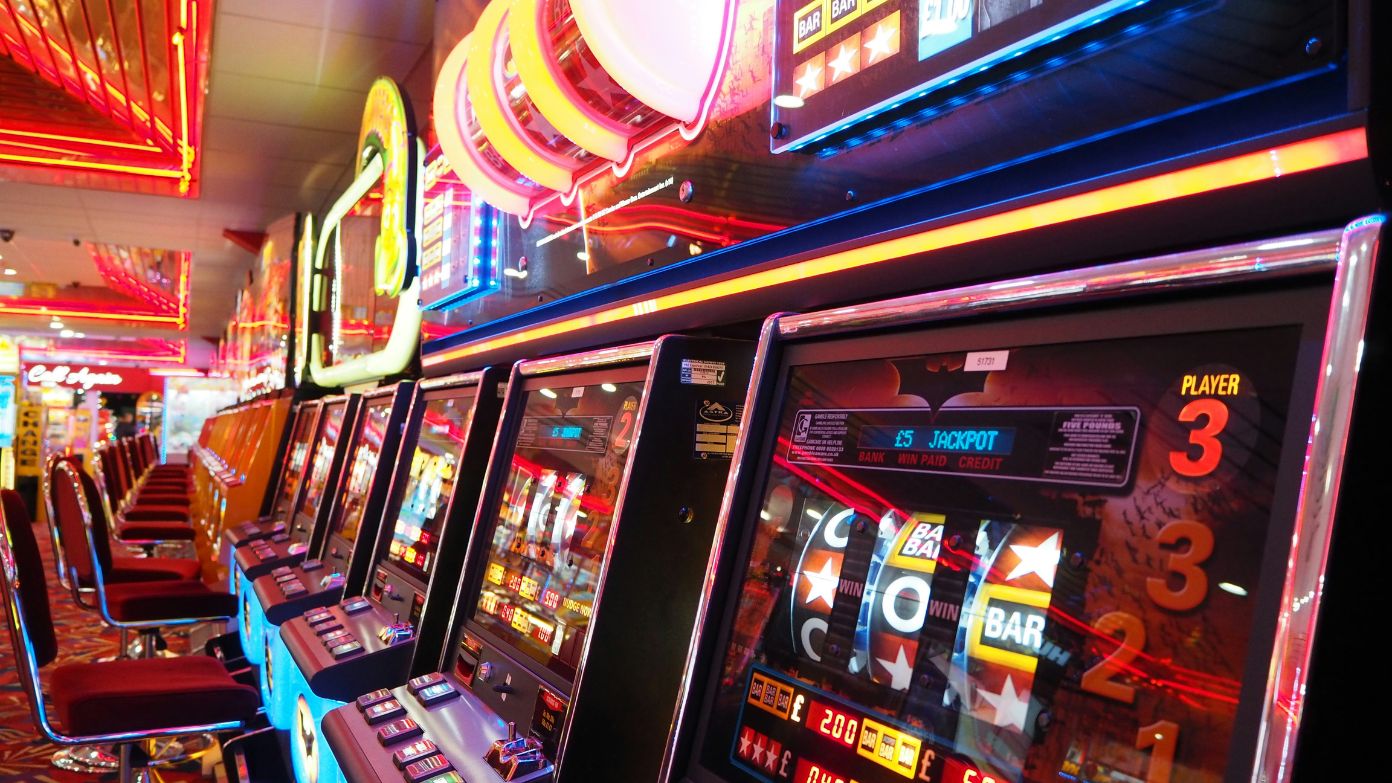If you have ever hit a decent slot machine win in Las Vegas or Atlantic City, you know the feeling. One minute you are celebrating, and the next you are stuck waiting for a casino worker, filling out paperwork, and dealing with IRS forms. But here is some great news—thanks to a change tucked into Trump’s “One Big, Beautiful Bill”, the IRS jackpot reporting threshold is going up from $1,200 to $2,000. Let us take a closer look at what this means for you, especially if you love the slots.
What is the new IRS limit for slot winnings?
Starting January 1, 2026, the new IRS reporting threshold for slot machine jackpots will be $2,000. That means:
- You will only have to fill out IRS paperwork if you win $2,000 or more on a single slot pull.
- Winnings below that amount will no longer trigger an automatic lock-up of the machine.
- This change will cut down wait times for hand-pays and make the process smoother for both players and casinos.
Before this change, if you won just $1,200 or more, the machine would lock, and you would have to wait for casino staff to process a W-2G tax form before you could play again. That old threshold had been in place since 1977.
Why was the old $1,200 threshold a problem?
The $1,200 rule had not kept up with inflation or modern betting habits. Slot players today are often wagering larger amounts per spin, and even moderate wins can cross that limit.
Here is why the old rule was frustrating:
- More paperwork: Even small wins created IRS forms and extra steps.
- Longer delays: Machines could be down for 20–40 minutes while a player waited for a hand-pay.
- Less fun: It interrupted the flow of the game and discouraged higher bets.
Even the IRS Advisory Council recommended raising the limit to over $5,000 and tying it to inflation. So while the new $2,000 limit is a step forward, some lawmakers think it still falls short.
Who pushed for the change?
The push to raise the jackpot threshold had been going on for years. Nevada Rep. Dina Titus, a Democrat, had long argued that the $1,200 cap was outdated. In a recent statement, she said:
“While raising the slot reporting threshold to $2,000 is a step in the right direction, it is still inadequate. I will continue to advocate for the SLOT Act which adjusts the jackpot threshold accordingly to keep up with inflation and improve the gaming experience for the customer and operator.”
Gaming industry leaders also welcomed the news. Chris Cylke, senior vice president of government relations at the American Gaming Association, told SBC Americas that the change was a “hard-fought win” for the industry.
When will the new rule take effect?
The new $2,000 threshold is part of the recently passed “One Big, Beautiful Bill”, which includes multiple changes to federal laws. According to Casino.org, the new IRS rule is scheduled to go into effect on January 1, 2026.
Until then:
- The $1,200 threshold remains in place.
- Casinos and players should prepare for new forms and IRS updates.
- The SLOT Act—which could raise the threshold even more—is still being debated in Congress.
What it means for slot players in las vegas and atlantic city
If you play in popular gambling cities like Las Vegas or Atlantic City, this is a big deal. It means:
- Fewer disruptions at your favorite machines.
- Less hassle when you hit a mid-level jackpot.
- Smoother casino operations, which benefits everyone on the floor.
So if you are planning your next trip to the slots, you can look forward to a little more play and a lot less paperwork—especially once 2026 rolls around.
Related article:
Neither Las Vegas nor Miami: this is the best place to get married in the U.S. in 2025

